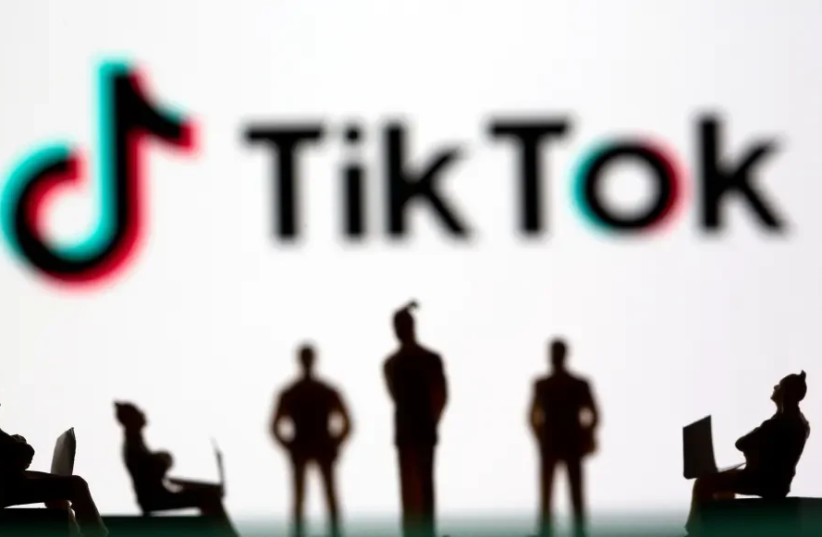Since the onset of the Israel-Hamas war, various governmental ministries have been diligently crafting and sharing pro-Israel content on social media.
These efforts have involved significant government funds and resources, all aimed at providing informative and supportive content.
However, one major social media platform has chosen not to participate in these efforts.
TikTok, a popular social media video-content app, has been refusing to share any content with the tagline “Together we will win,” adopted by Israel during the war.
The app also refuses to share any content with Israeli symbols.

During the Aliyah, Absorption, and Diaspora Committee’s meeting on Tuesday afternoon, its chairman, Yisrael Beytenu MK Oded Forer, criticized the government for not progressing with proposals to impose sanctions on social media platforms that allow antisemitic content. The committee invited representatives from various social networks, but none of them joined the meeting.
Urging for social media sanctions
“The social networks are in a completely uncharted jungle and operate only out of goodwill,” Forer said during the discussion. They “chose not to attend the current debate because they do not wish to receive criticism from the Knesset.”
He further explained that “it is not possible to combat antisemitism today using the strategies employed by the State of Israel. Antisemitic content leads to antisemitic actions around the world.”
He added, “Israel should adopt European legislation that has everything to do with imposing sanctions on social networks. I have submitted a bill that is on its way to a ministerial committee to give the government the right tools to fight antisemitism on social networks. I ask all members of the Knesset to support this proposal.”
Moriah Shalom, the CEO of Israel’s Government Advertising Agency, informed the meeting that her agency shared a video on TikTok featuring the slogan “Together we will win,” but the platform removed it within three minutes. Furthermore, she stated that private organizations contacted the agency to report that their content was being consistently removed.
“Since the beginning of the war, the Education Ministry has spent NIS 10 million on advertising, 40% of which went to advertising on social media,” explained Hagit Cohen, director of the ministry’s Advertising, Marketing, and Public Relations Department.
The Initiatives Division of the Diaspora Affairs and Combating Antisemitism Ministry has spent NIS 23 million since the start of the war on advertising on social media, according to division head Ron Bromer.
Meanwhile, the Foreign Ministry has published over 37,000 content items in various languages on social media, which have reached 4 billion people worldwide, according to Combating Antisemitism Department director Ruth Cohen-Dar.
